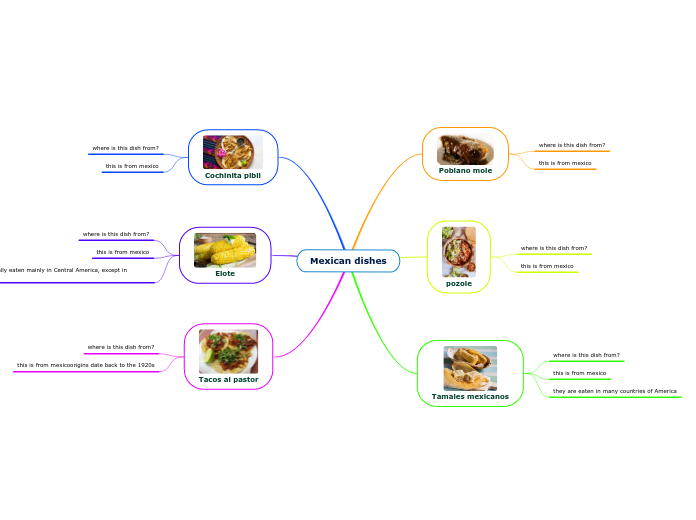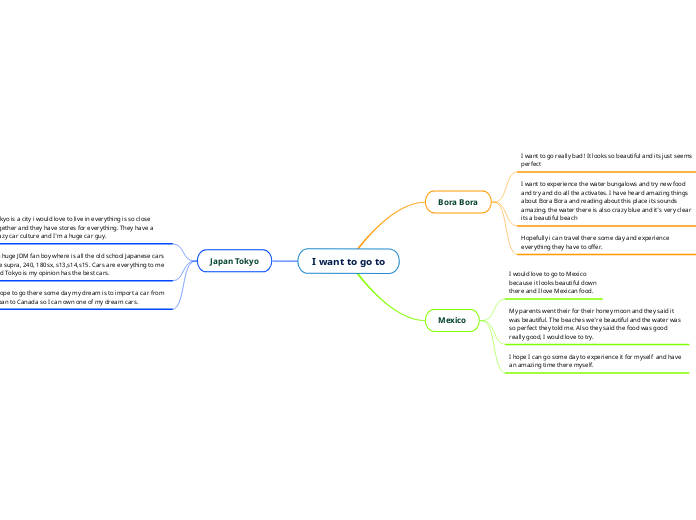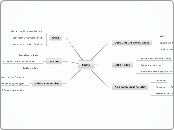a Abigail Shumaker 6 éve
253
Causes for WW1 and US Entry
Several critical events influenced the United States to join World War I. The sinking of the Sussex, a French liner carrying mostly civilians and non-war materials, led to the Sussex Pledge, where Germany agreed to end unrestricted submarine warfare to avoid provoking the US further.









